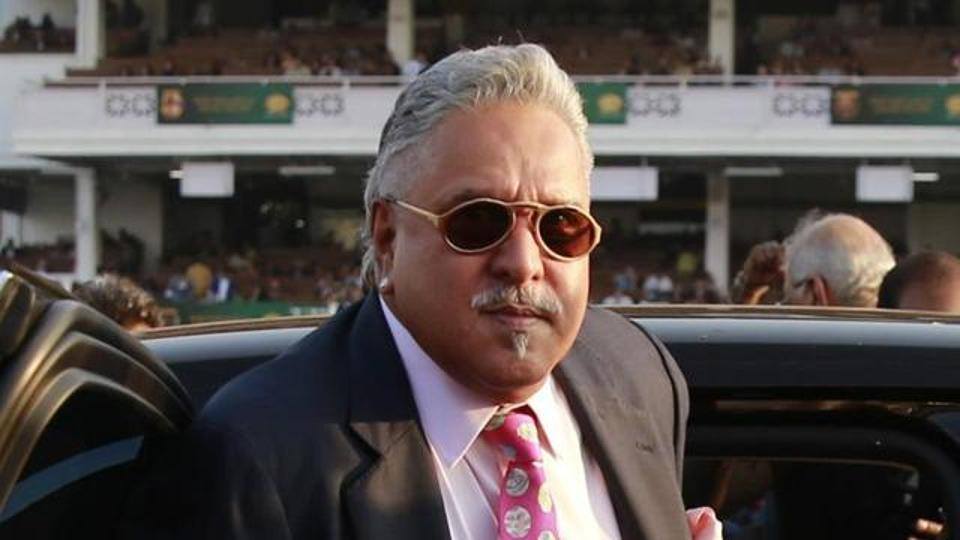
SC rejects Vijay Mallya’s review plea on contempt of court

A Supreme Court bench on Monday rejected a review plea filed by fugitive former liquor baron Vijay Mallya challenging the order holding him guilty of contempt.
“We find no merits in review petitions… Review petitions dismissed,” said a bench of justices UU Lalit and Ashok Bhushan.
Mallya was held guilty by the court on May 9, 2017 for transferring $40 million received from Diageo into the accounts of his children.
The former Rajya Sabha member is the subject of an extradition effort by the government to return from the UK to face charges of financial crimes in India.
On 2 May 2016, Mallya resigned from his post as a Rajya Sabha MP, a week after the House ethics panel declared that he should no longer be a member of the House and a day before the panel was set to meet again to recommend his expulsion. He had left India during this time, and his passport had been revoked.
Mallya owes over Rs 9,000 crore as unpaid loans towards a consortium of banks led by SBI. The SBI had filed a contempt petition against Mallya for not disclosing the bank accounts into which $ 40 million was transferred. The Court found him guilty of siphoning this amount which should have been deposited with the banks.
Mallya had filed a review petition to consider an affidavit claiming this amount was not part of his assets. He claimed he would lose his valuable right of appeal if held guilty by the Supreme Court.
When the case came up in June 2020, the top court had sought an explanation from its registry officials about the undue delay in listing the review petition. When the matter was taken up on August 6, it was adjourned again since some crucial records could not be traced. The case was heard on August 27 and the court reserved its verdict.
At least 14 banks had moved the Debt Recovery Tribunal, Bengaluru, against Mallya seeking recovery of over Rs 6,300 crore owed to them in 2016 by Mallya’s companies.
The DRT failed to hear those prayers. The banks then approached the Karnataka High Court seeking directions to the DRT for speedy disposal of their applications.
The court declined to grant such a prayer and the banks then moved the Supreme Court.

